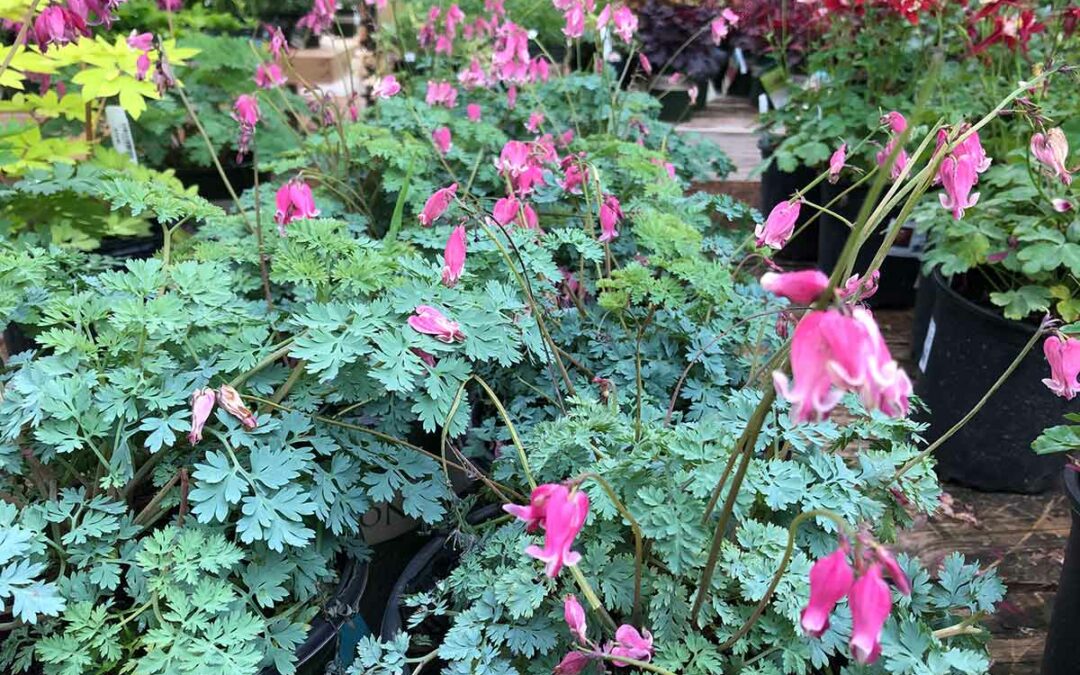Watering can be tricky, especially when soil composition can vary so much from one microclimate to the next in Middle Tennessee.
There is a thorough and correct way to water plants. This will eliminate most watering questions and issues. Most plants die each year of insufficient watering.
- When planting, be sure to use soil conditioner so the soil will be more predictable and consistent.
- Mulching around plants is always recommended, and helps to reduce the amount of water lost to evaporation. It also insulates the root system, saving water and keeping the roots warm in the winter and cooler in the summer.
- Upon planting a new tree, shrub, or any plant, thoroughly water the plant initially. This is after mulching around the base of the plant. Keep in mind that when you are initially watering, you are trying to soak the whole root ball very thoroughly. This should take several minutes and the hose should be on a slower trickle to prevent run off and maximize absorption. Check with your hand to make sure the water penetrated the soil and the root ball is wet.
- Wait 24 hours, then go out and manually check the soil again. If the top 3-4” is dry in 24 hours’ time, you’ll know the soil there drains very fast and you will need to be persistent with watering. If the top 3-4” is dry, you will need to water thoroughly again and repeat the process just to be sure.
- If the soil is moist in the top 3-4”, wait 24 hours, and check it again by using a finger to dig into the soil. Repeat this process until the top 3-4” of soil dries out somewhat, then water thoroughly.
- If the soil stays wet for more than 3 days, you might have a very poorly draining spot and the plant might either need to be moved, or you might need to amend the soil in a different way. Please contact Southbranch Nursery for help with this situation. Some plants will not survive these conditions.
- Please keep in mind it’s better to water with a trickle than using a high pressure stream.
- It’s better to water in the morning, giving the soil and plant time to absorb the water and dry out in the sun. Watering at night is not recommended with most plant types.
- Some plants do not like having their foliage sprayed in certain weather. For example, roses and other plants do not like having their foliage wet on a sunny, hot afternoon.
- Overwatering is as detrimental as under watering, so giving some plants a ‘little extra’ is not always beneficial to their health and survival.
- There is no situation where you would water a plant for the same amount of time every day, unless it’s in a pot or container. Weather conditions, soil composition, and plant type all dictate the watering needs of a plant.
- Never depend on rainfall to water your plants. Rainfall never penetrates the ground deeply enough to sufficiently water plants. Even when we get a ‘soaker’ the soil is usually dry just 2-3 inches below the surface.



